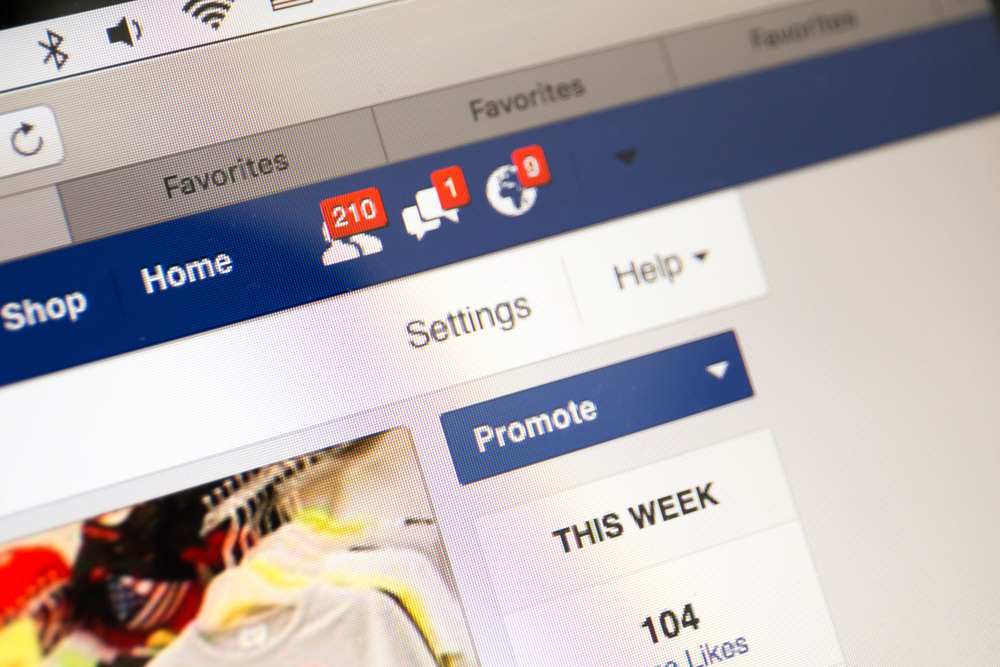Cambridge Analytica and Facebook: What happened and has it impacted any votes?
Whistleblower Christopher Wylie has some alarming accusations about how a political influencing company acquired its data


Over the weekend, Facebook banned two related accounts. The first was Cambridge Analytica, a data analytics firm that built profiles of Facebook users for targeted political advertising. The second was Christopher Wylie, the co-founder of the service.
The key difference? The latter was banned after talking to journalists about the former.
But what is Cambridge Analytica accused of doing, how did it allegedly do it, and what does it all have to do with Brexit and the ascendancy of Donald Trump? Here's a quick explainer to fill in the gaps and keep you abreast of developments in a story that's likely to run and run.
What is Cambridge Analytica?
Cambridge Analytica is a British data analytics firm which helps political campaigns target voters online. The company (and its parent company SCL) claims to have built "5,000 data points on over 230 million American voters"allowing political campaigns to target voters susceptible to certain messages with precise accuracy.
The question is how they acquired this data and much of it is alleged to come from Facebook, without user consent.
What happened?
On Friday, Facebook announced that it was suspending Cambridge Analytica from the site, which stops the latter buying ads or accessing Facebook data. This appeared to be a pre-emptive response to stories which broke over the weekend in The Observer and The New York Times, of how Cambridge Analytica acquired data on 50 million Facebook users without their consent. The stories came from interviews with Christopher Wylie a whistleblower intimately connected with Cambridge Analytica.
According to Facebook, this data was provided to Cambridge Analytica by a Cambridge University researcher called Aleksandr Kogan, who started a firm called Global Science Research (or GSR). GSR created a personality quiz on Facebook called "thisisyourdigitallife" which was labelled as a research experiment to be used by scientists to build psychological profiles.
Get the ITPro daily newsletter
Sign up today and you will receive a free copy of our Future Focus 2025 report - the leading guidance on AI, cybersecurity and other IT challenges as per 700+ senior executives
Facebook's developer policies allow data to be used in this way what they don't allow developers to do is to use it for other things, which is what Kogan is accused of doing. The data reportedly ended up in Cambridge Analytica's hands to be used as part of its voter modelling.
In other words, 270,000 people who took what was marked as a fun, throwaway quiz were actually providing detailed information to be used by political campaigns to try and manipulate their voting intentions in the future.
Wait, how did 270,000 turn into 50 million?
This is down to Facebook. In the old days, access to your Facebook data meant not just yours, but also friends' accounts, provided their security settings weren't a lot more locked down than the average profile. In that way, 270,000 voter profiles became 50 million.
In 2015, Facebook changed what data is accessible, making friends' information off-limits to third-party apps. But by then, the profile information was already out there, so in this particular case this is locking the door after the data horse has bolted.
How is Facebook data useful to political campaigns?
As well as general demographic data (location, age, gender and so on) which can be used to predict voting intention (e.g: in the 2017 general election, you were more likely to have voted Labour if you were under the age of 40), there are other interesting, and often obscure, parallels. For example, as The Guardian explains, people who liked the page "I hate Israel" on Facebook were more likely to also digitally show their appreciation of Kit Kats and Nike shoes.
As Wylie explains in the same interview: "I began looking at consumer and demographic data to see what united Lib Dem voters, because apart from bits of Wales and the Shetlands it's weird, disparate regions. And what I found is there were no strong correlations. There was no signal in the data.
"And then I came across a paper about how personality traits could be a precursor to political behaviour, and it suddenly made sense. Liberalism is correlated with high openness and low conscientiousness, and when you think of Lib Dems they're absent-minded professors and hippies. They're the early adopters they're highly open to new ideas. And it just clicked all of a sudden."
If you know and can talk directly to voters who are more responsive to your message, and where they live, the theory goes, you can have a serious impact on the election: you can prompt likely supporters into voting, and try to depress the turnout amongst those less likely to vote for your candidate. This is hardly a new development, but it's the first time that the full scale of how it is already being used has been revealed.
So is this a data breach, or what?
That's how some news outlets are framing it, but that's far from the full story.
A data breach suggests the information was hacked, leaked or stolen. What actually happened was that the data was taken in a manner that was entirely within the rules that Facebook created. The data was accessible to researchers, and they took it on the understanding that it was only to be used for that express purpose. It was only after it was extracted that it was allegedly passed onto Cambridge Analytica.
As Wylie explains: "Facebook could see it was happening. Their security protocols were triggered because Kogan's apps were pulling this enormous amount of data, but apparently, Kogan told them it was for academic use. So they were like, Fine'."
As Facebook itself puts it: "The claim that this is a data breach is completely false. Aleksandr Kogan requested and gained access to information from users who chose to sign up to his app, and everyone involved gave their consent. People knowingly provided their information, no systems were infiltrated, and no passwords or sensitive pieces of information were stolen or hacked."
This may feel like semantics, but it's important when looking at the companies' responses to the scandal. Turn to the next page for their reactions.
After a false career start producing flash games, Alan Martin has been writing about phones, wearables and internet culture for over a decade with bylines all over the web and print.
Previously Deputy Editor of Alphr, he turned freelance in 2018 and his words can now be found all over the web, on the likes of Tom's Guide, The i, TechRadar, NME, Gizmodo, Coach, T3, The New Statesman and ShortList, as well as in the odd magazine and newspaper.
He's rarely seen not wearing at least one smartwatch, can talk your ear off about political biographies, and is a long-suffering fan of Derby County FC (which, on balance, he'd rather not talk about). He lives in London, right at the bottom of the Northern Line, long after you think it ends.
You can find Alan tweeting at @alan_p_martin, or email him at mralanpmartin@gmail.com.
-
 Bigger salaries, more burnout: Is the CISO role in crisis?
Bigger salaries, more burnout: Is the CISO role in crisis?In-depth CISOs are more stressed than ever before – but why is this and what can be done?
By Kate O'Flaherty Published
-
 Cheap cyber crime kits can be bought on the dark web for less than $25
Cheap cyber crime kits can be bought on the dark web for less than $25News Research from NordVPN shows phishing kits are now widely available on the dark web and via messaging apps like Telegram, and are often selling for less than $25.
By Emma Woollacott Published